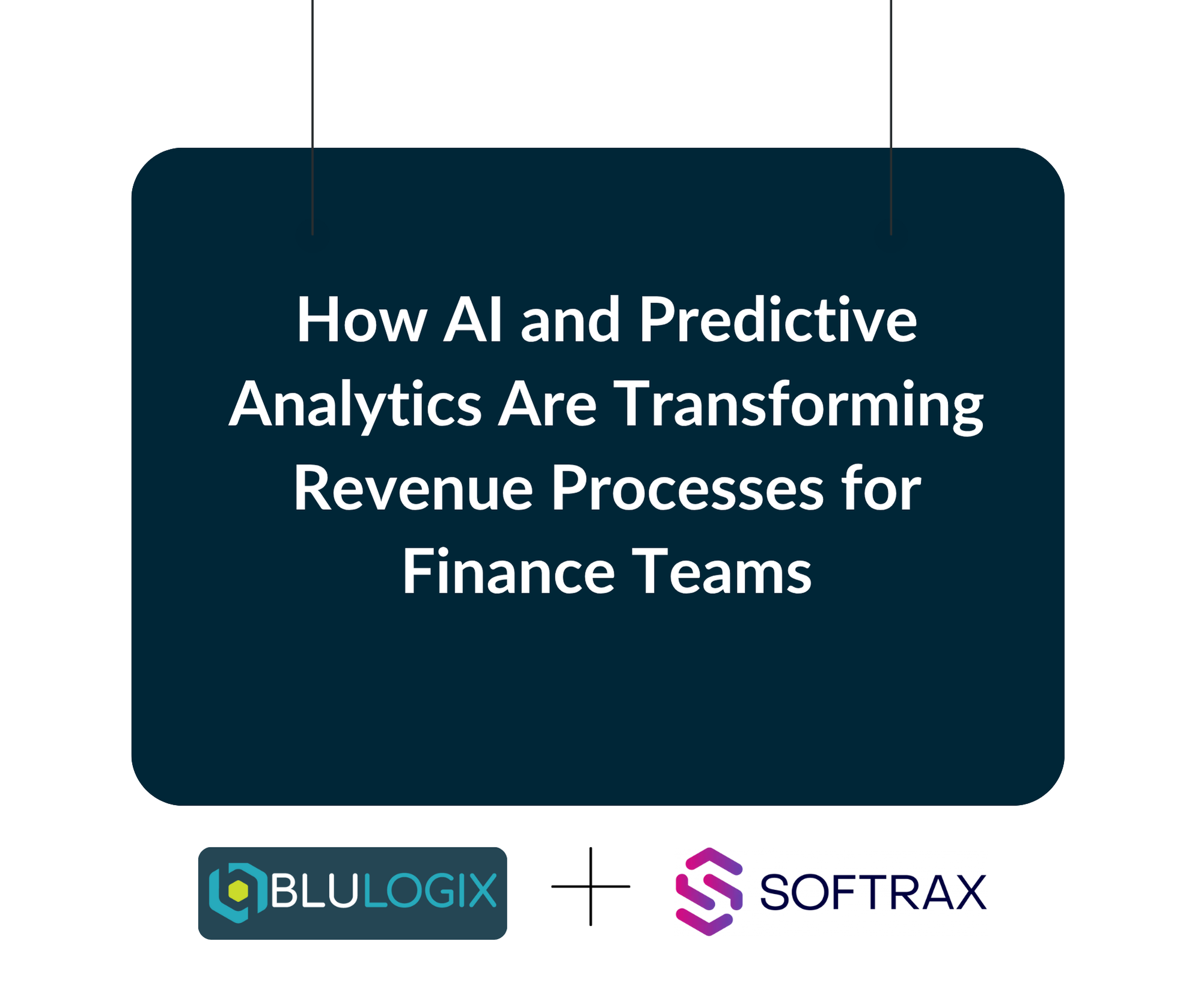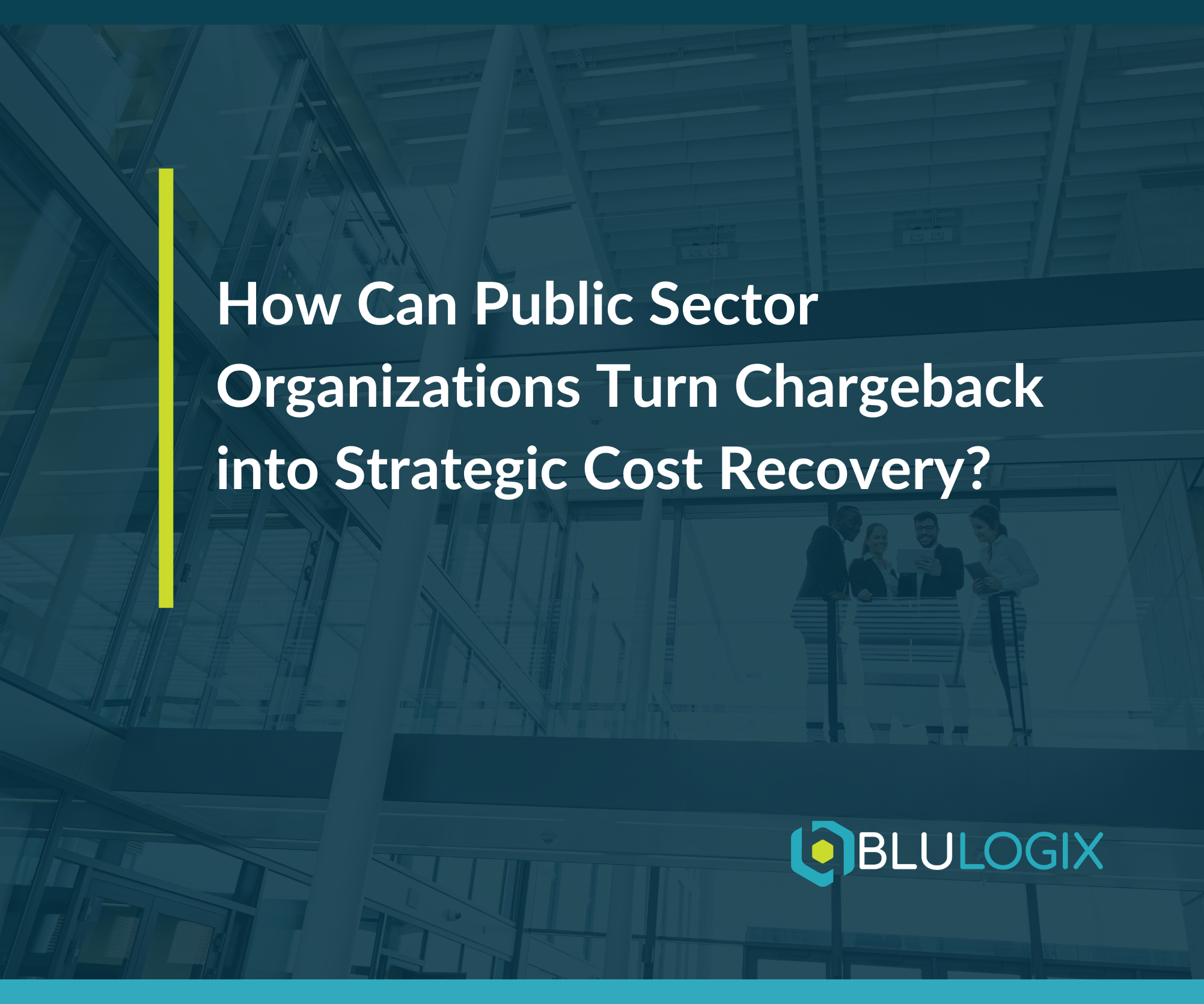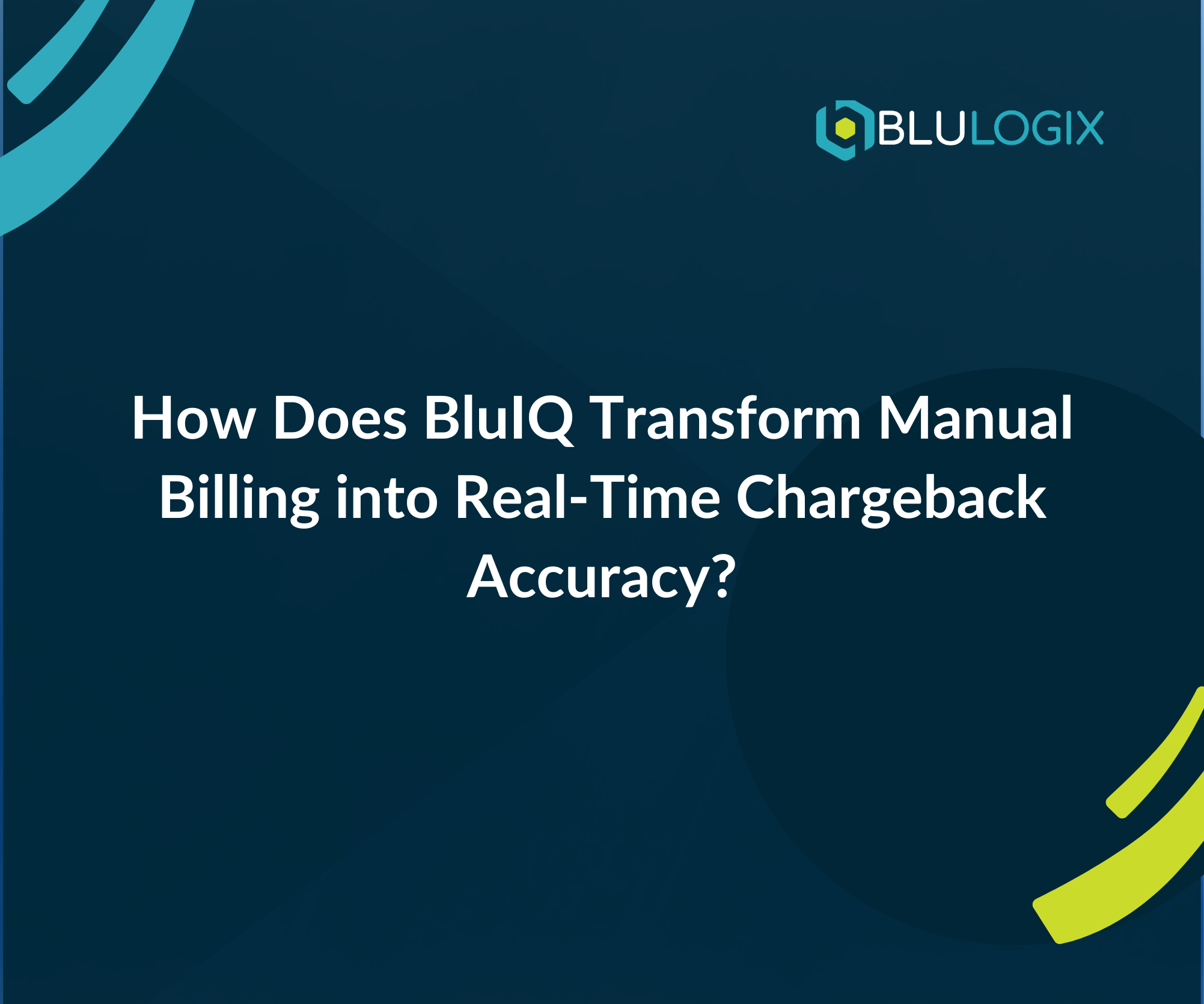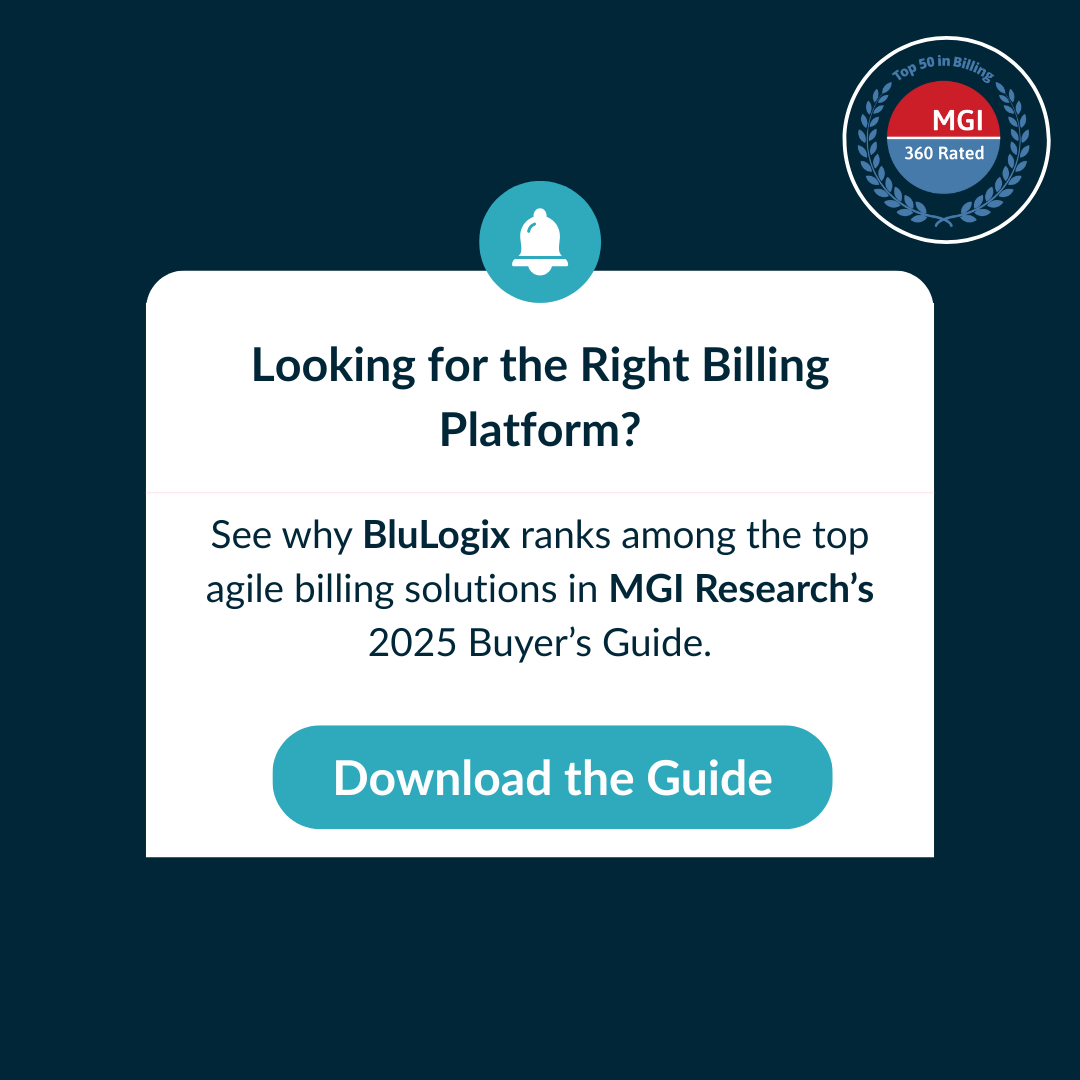Mastering the Art of Complex B2B Recurring and Subscription Billing: Conquering Metering Challenges
As the subscription economy grows, B2B businesses are increasingly adopting usage-based, consumption, and SaaS metering models. These models offer the flexibility and fairness that modern customers demand, billing them based on their actual usage rather than a flat rate. However, implementing these models introduces a new set of challenges, particularly in accurately tracking, metering, and billing for usage. This post explores the intricacies of these metering challenges and provides strategies for effectively navigating them.
Take your business further with BluIQ’s flexible, scalable, enterprise-grade intelligent billing solutions.
Understanding Metering Models
Usage-Based Billing: Customers are billed based on the volume of services or resources they consume. This model is common in cloud services, where businesses pay for the computing resources they use.
Consumption Billing: Similar to usage-based billing, but often applied to products that are consumed over time, such as data storage or API calls.
SaaS Metering: Specifically for Software-as-a-Service, where billing might be based on the number of users, features accessed, or data processed.
Navigating Metering Challenges
- Accurate Usage Tracking: Ensuring precise measurement of customer usage is foundational. This requires robust metering technology that can seamlessly integrate with your service delivery platforms to capture real-time usage data.
- Scalable Metering Solutions: As your customer base grows, your metering solution must scale accordingly, handling increasing volumes of data without losing accuracy or causing delays.
- Flexible Billing Integration: Your billing system must be capable of integrating with your metering solution to accurately reflect usage in billing statements. This integration should support real-time data feeds and allow for the dynamic calculation of charges based on actual usage.
- Transparent Customer Communication: Customers should have access to their usage data and understand how it translates to their bills. Providing dashboards or reports where customers can monitor their consumption in real-time fosters trust and helps prevent billing disputes.
- Handling Billing Discrepancies: Despite the best efforts, discrepancies in metering and billing can occur. Businesses need a clear process for investigating, correcting, and communicating any issues to maintain customer confidence.
- Data Security and Privacy: Metering solutions collect and process vast amounts of customer data, necessitating stringent security measures to protect sensitive information and comply with privacy regulations.
Strategies for Mastering Metering
- Invest in Advanced Metering Infrastructure: Leverage modern metering technologies that offer high accuracy, scalability, and seamless integration with your billing systems.
- Automate Data Collection and Billing: Utilize automation to streamline the collection, processing, and billing of usage data, minimizing manual intervention and reducing the potential for errors.
- Regularly Update and Calibrate Metering Tools: Periodically review and calibrate your metering tools to ensure they remain accurate and reflective of the latest service configurations and offerings.
- Educate Your Customers: Offer resources and support to help customers understand how their usage is measured, how they can monitor it, and how it affects their billing.
- Develop a Robust Billing Dispute Resolution Process: Establish clear procedures for addressing and resolving billing disputes related to usage, ensuring swift and fair resolutions to maintain customer satisfaction.
Conclusion: Embracing Metering Opportunities
While usage-based, consumption, and SaaS metering models introduce complexities, they also present opportunities for businesses to align more closely with customer needs, offer more competitive pricing, and drive revenue growth. By adopting strategic approaches to metering challenges, businesses can not only navigate these complexities but also leverage them as a competitive advantage in the subscription economy.
Stay tuned for our next post, where we’ll discuss the complexities of integrating subscription billing systems with other business processes, a key step in achieving a seamless operational flow.
Take your business further with BluIQ’s flexible, scalable, enterprise-grade intelligent billing solutions.
Learn more

How AI and Predictive Analytics Are Transforming Revenue Processes for Finance Teams

How Can Public Sector Organizations Turn Chargeback into Strategic Cost Recovery?



